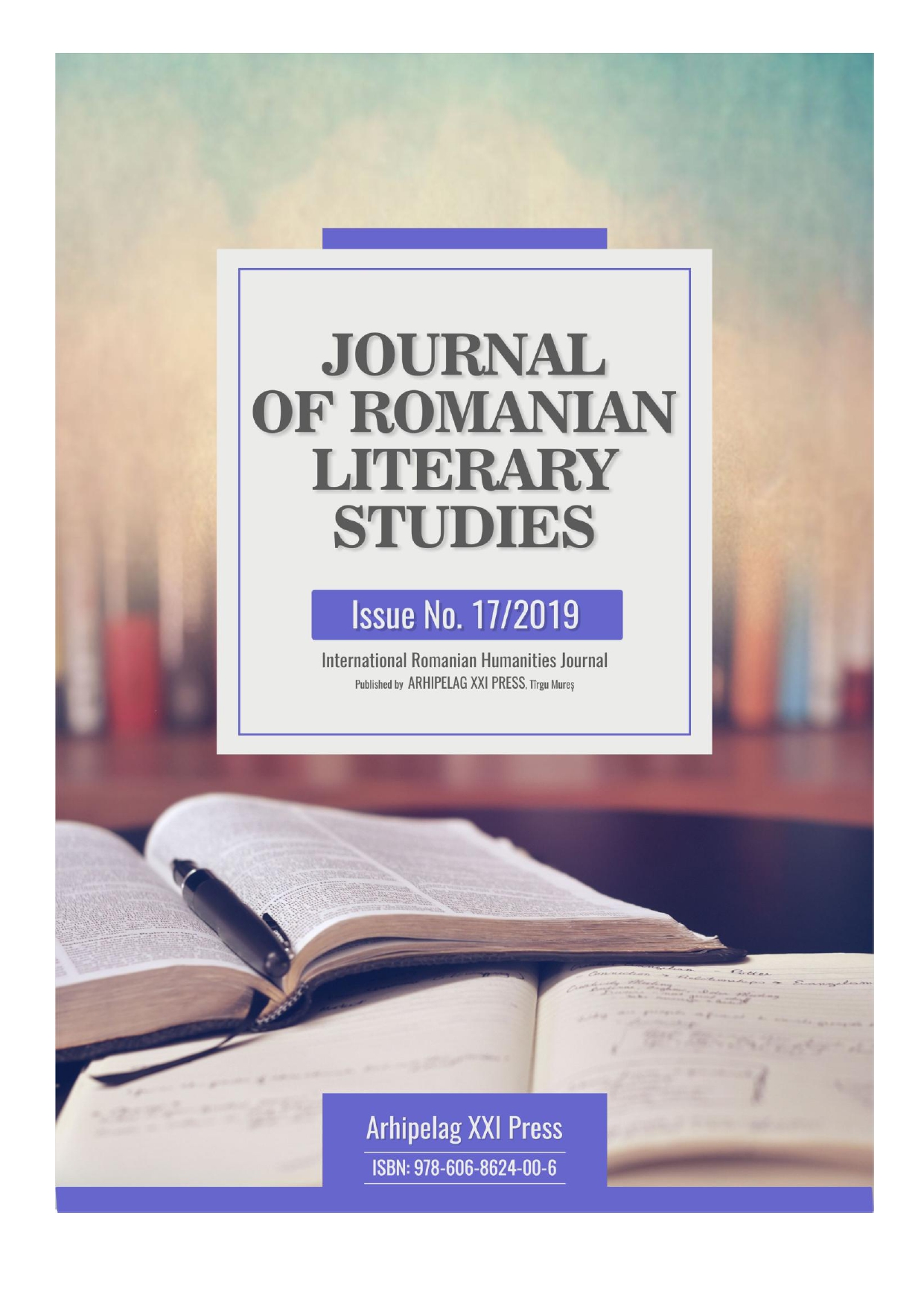(RE)READING„CRATYLOS”. ABOUT LANGUAGE UNCERTAINTY
(RE)READING„CRATYLOS”. ABOUT LANGUAGE UNCERTAINTY
Author(s): Simona-Andreea ȘovaSubject(s): Literary Texts, Applied Linguistics, History of Philosophy, Philology
Published by: Editura Arhipelag XXI
Keywords: sophism; being; language; deictic; apo-deictic; truth;
Summary/Abstract: Reading it again, ,,Cratylos” is still an obscure text, but this is exactly why it reveals itself so rich in possibilities of interpretations. Subtitled ―about the correct matching of the names‖, it is actually a sample of aporia. Seen as a mockery of Sophism, as a theory of the historical origin of language, as debating the conditions which clarify, among other things, the current character of the language, as a step towards the ontological status of words or as a draft of a philological explanation from which you can understand either the first notions of the modern linguistics, or the use of language by poets, the stakes of the Plato-type of dialogues, regarding names, seem to be altogether different, although their truth is never revealed until the end. One the idea that the name is either a purely conventional instrument, or a reproduction of the being, is inserted, the Socrates maieutics works with the elements specific to the acknowledged register (staging, sophisticated argumentation, metathesis, appendix, constraints, syncopes, challenging relativity with the doctrine, procedure as object of the discourse etc). Strangely enough, Socrates cratylises himself, using his power of argumentation to defend the thesis of Cratylos. At the end of the debate, positions will turn: the ,,truth” of the words derives from the flow and the uncertainty of the language, from its unstable nature which is strongly connected to the immobility of the being. Following this path, we become, as Plato suggests, non-committal and equally avoid riotous communication. In conclusion, the difficulty of the dialogue consists in the fact that the free and moral exercise of verbal creation is applied in the examining and the defining of the actual conditions which allow the use of the language.
Journal: Journal of Romanian Literary Studies
- Issue Year: 2019
- Issue No: 17
- Page Range: 529-533
- Page Count: 5
- Language: Romanian

